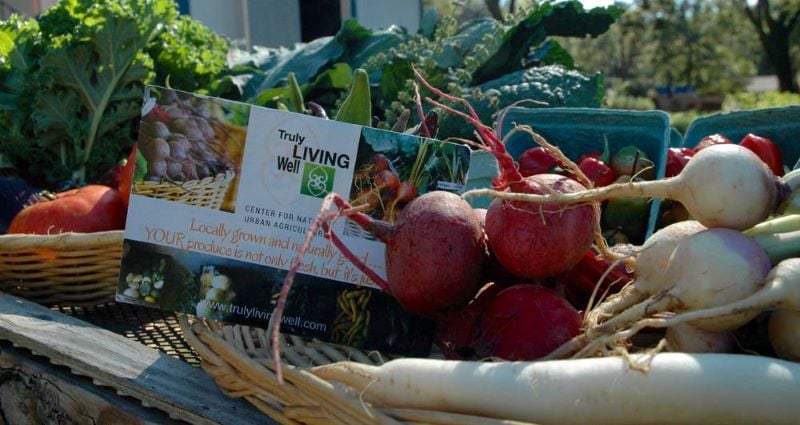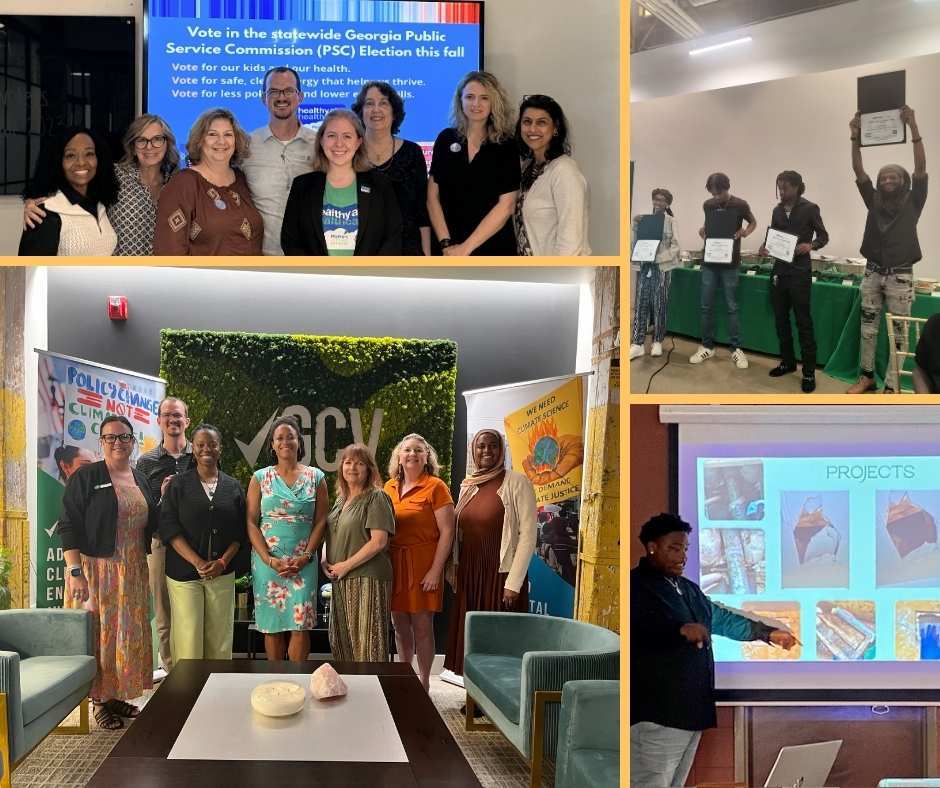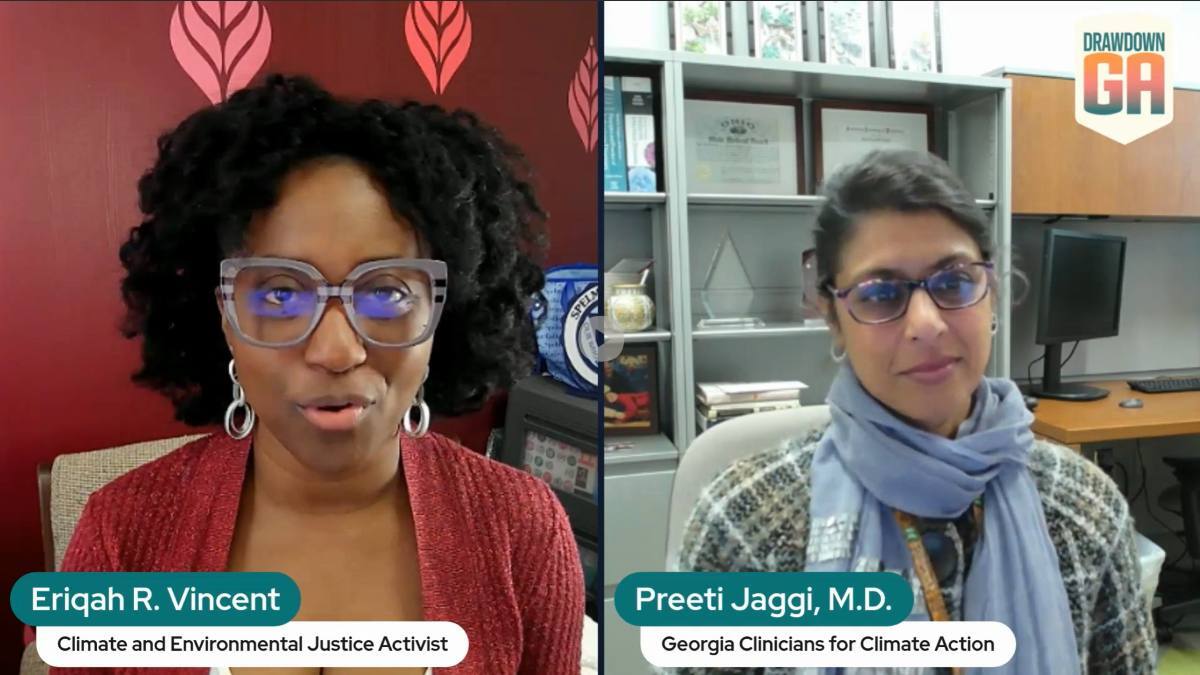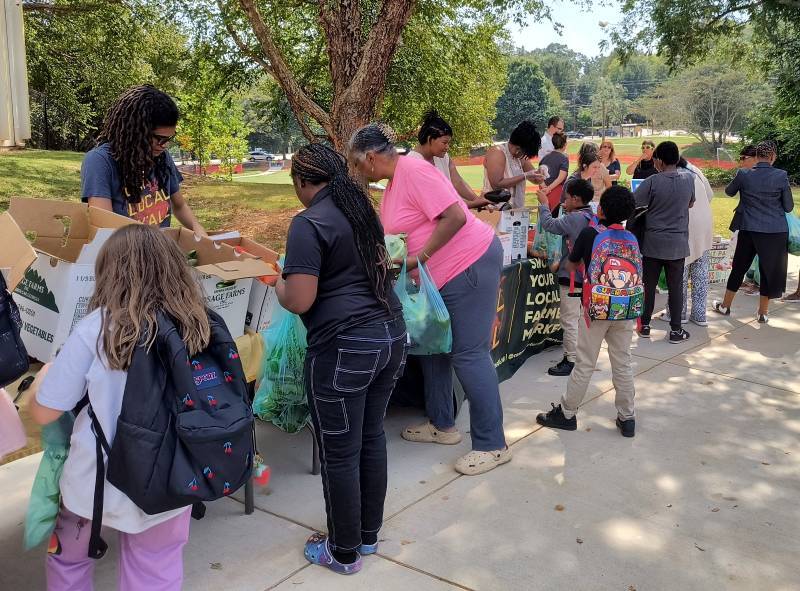How can promoting urban agriculture and community composting change lives in historically underserved neighborhoods in Atlanta?
Scaling these practices in Georgia can help improve public health, protect the environment, and draw down carbon emissions, but that’s not all. Keep reading to learn how local nonprofits are improving lives in their communities through education and access around urban ag and composting.
Truly Living Well Grows Urban Agriculture and Composting in Atlanta
We spoke recently with representatives from Climate Solutions & Equity grant recipients Truly Living Well (TLW), Think Green Inc., and Historic Westside Gardens about the work these organizations are doing to address food injustice in underserved and BIPOC neighborhoods.
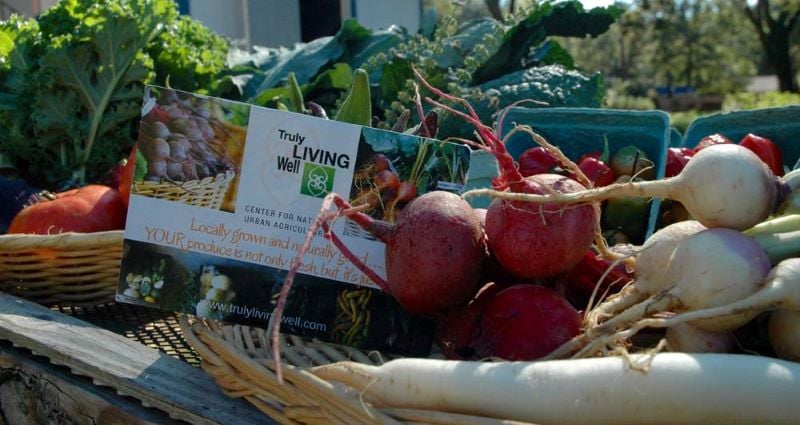
Through this grant, these partner organizations are collaborating to upgrade and expand Truly Living Well’s Community Compost Lab, to help local residents engage their neighbors in composting, and to train new urban growers.
Tell us about the work the Truly Living Well Center for Natural Urban Agriculture does in the community.
Truly Living Well has been known as a trailblazer in the worlds of urban agricultural production and education for the nearly two decades our organization has been working in metro Atlanta. We strive to engage local and regional residents in a dynamic and diverse range of outdoor activities throughout the year. In addition, TLW hosts regular classes covering topics such as organic gardening techniques; herbal, culinary, and medicinal plant lore; and healthy ways to prepare and preserve food in the home.
Our seven-acre site hosts thousands of volunteers annually, providing an authentic on-farm service-learning experience right in the heart of the city. TLW has also served for many years as a vital green jobs training center and business incubator for aspiring, new, and beginning farm entrepreneurs.
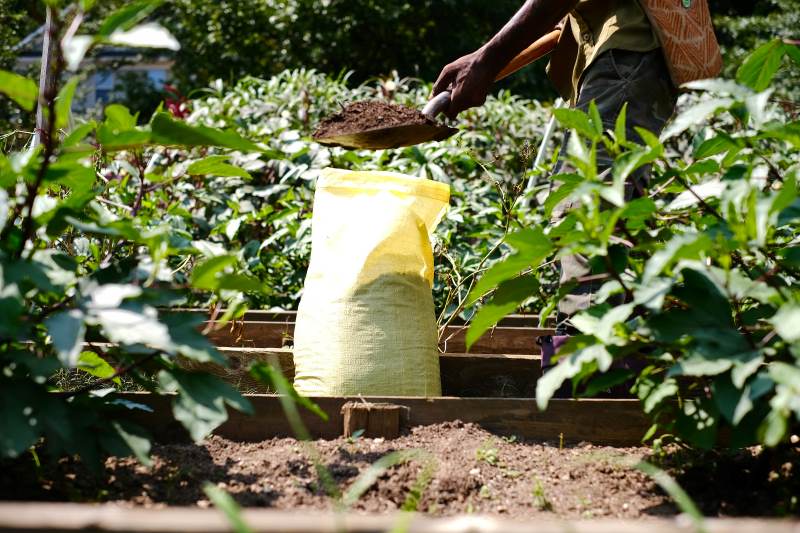
Since 2020, we’ve also been proud to manage a Community Composting Lab at our location.
Why are composting and urban agriculture so important as climate solutions in your neighborhood?
Composting and urban agriculture are in fact perfectly complementary practices that go hand in hand, representing the beginning and the end of a robust, dynamic, and healthy food system. Each activity in and of itself can be deeply empowering, on both a personal and collective level. Participating in our local food system can boost our community members’ sense of agency and self-reliance, and create the opportunity for mutual aid in a rapidly changing world.
These practices also serve as insulators in our communities from the shocks that we have seen that can easily disrupt the seemingly secure, orderly flow of the current food system. These natural, ancient processes also serve as very real reminders of exactly where our food comes from and returns to: our planet Earth’s soil. It is that very thin layer that holds the lock and key to the long-term survival of all life on Earth.
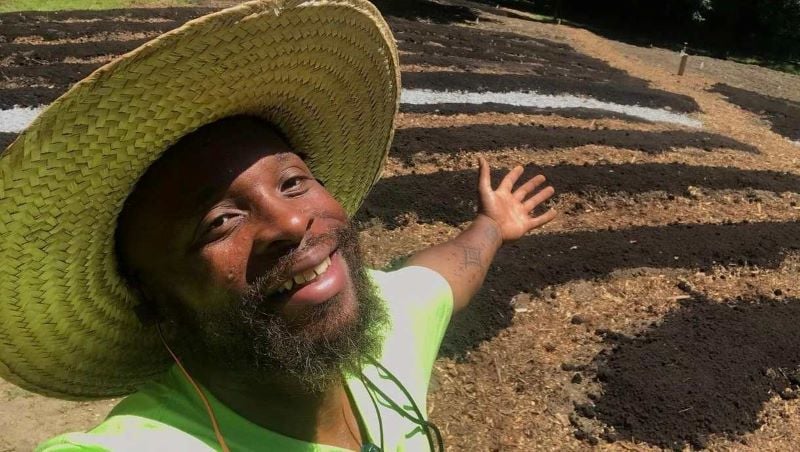
We strive to spark a flame of awareness by providing our community with this opportunity for an increased closeness with our food’s origins through agriculture. Our goal is to then feed that fire through the processes of harvesting that produce and eating it.
The cycle ends by seeing the final leg of our food’s journey, when we transform what isn’t consumed through the process of composting, and recycle the organics into vital nutrients for the next crop.
Ultimately, we believe that we are all responsible for the ways that we take the blessings of bounty from Mother Nature and the ways in which we return what we don’t use back to our precious Earth.
Congratulations on receiving one of the inaugural Drawdown Georgia Climate Solutions & Equity grants. Tell us about the project this grant is funding.
We are extremely grateful for the opportunity to grow our very own climate equity solution right in the community where we work, play, and come home to every day. Together, our organizations are working to help households that lack convenient sources of healthy food to consistently have access to fresh, healthy produce as well as to recycle their organic kitchen waste. We are serving 50 households this year and will be adding an additional 50 in 2024.
We are also finally able to take care of some critical infrastructure needs at the Community Composting Lab thanks to this grant. This will aid in transitioning critical parts of our operation to be more sustainable, with rainwater harvesting and solar power systems coming over the next year.
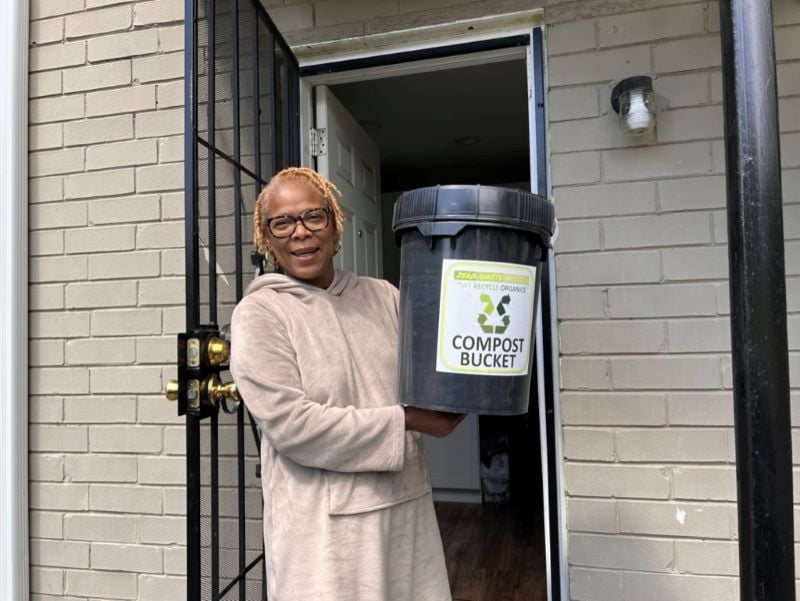
Leading the charge to become a carbon-neutral, and eventually a net-zero emissions community, is our ultimate goal. To achieve this, we are beginning by training the amazing team of community garden coaches at Historic Westside Gardens to become compost crusaders equipped with the passion, knowledge, and tools to recruit and prepare our current group of over 100 home and community gardeners to become weekly and biweekly kitchen food scrap waste recyclers through a free weekly pick-up collection program.
Why focus on training local residents to compost? What are the benefits to them and to their community?
We believe that increasing community knowledge around, and participation in, composting will effectively help reduce food waste, enhance the soil, and protect the climate. Our goal is to change behavior and thinking around composting to help our home and community gardeners see the practice as an optimal strategy for waste diversion and a way they can participate directly in reducing the amount of waste in landfills. We want them to see the connection between composting and fostering healthier air and soil, and increasing the amount of fresh food available for their community.
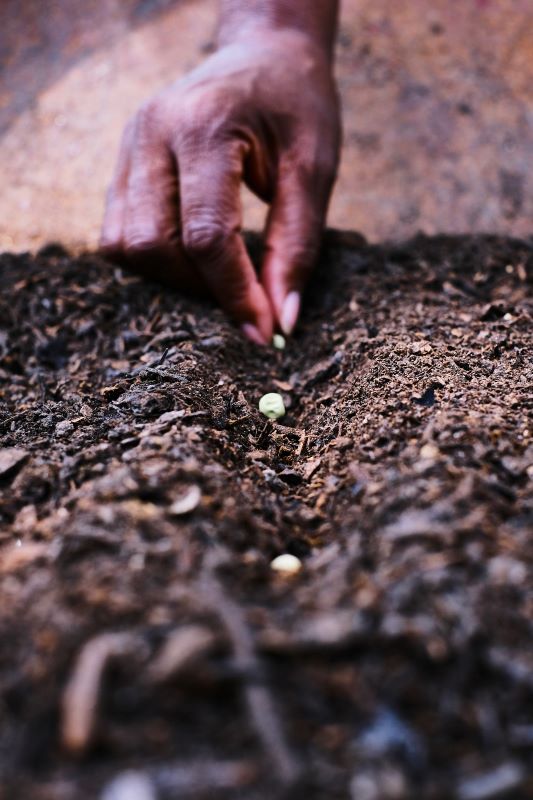
Benefits to the community will manifest in the addition of carbon to the soil, which will provide improvements in the soil health and plant growth in their personal vegetable gardens, and result in more nutrient-dense produce.
Stay Up to Date on the Progress of Climate Solutions & Equity Grant Projects
Don’t miss out on future updates about the amazing work being done by all of the recipients of the 2022 Drawdown Georgia Climate Solutions & Equity grants!
Subscribe to receive notifications about future blog posts now.


